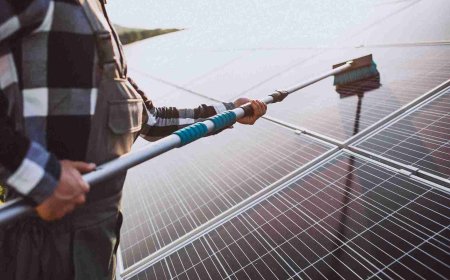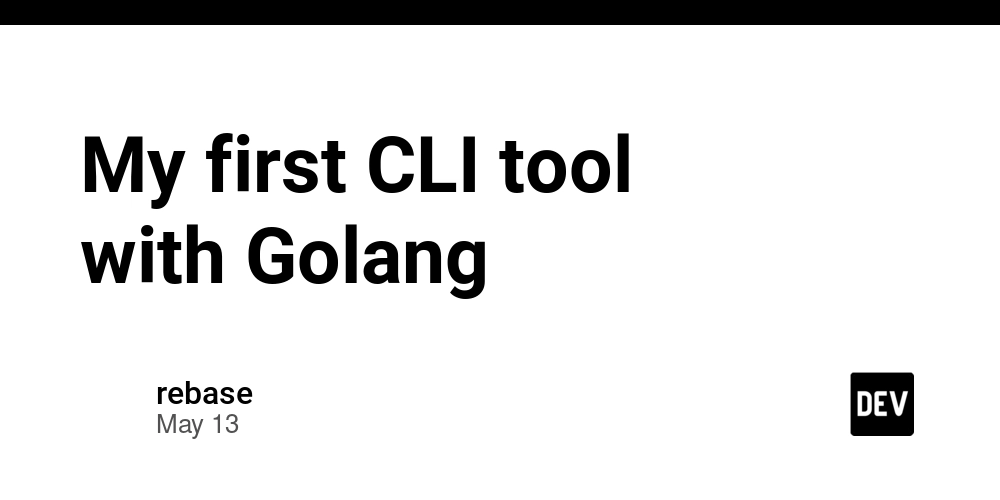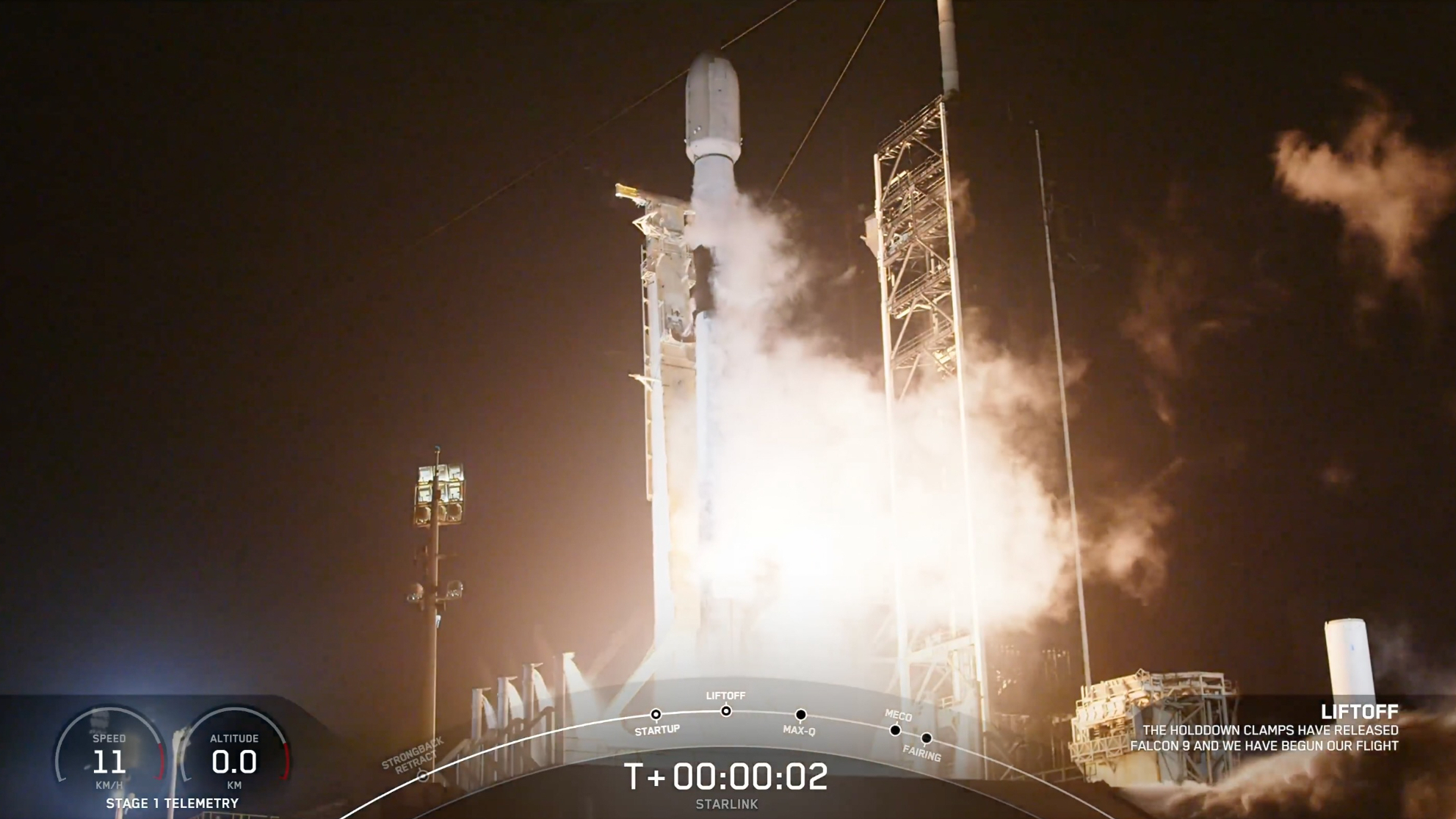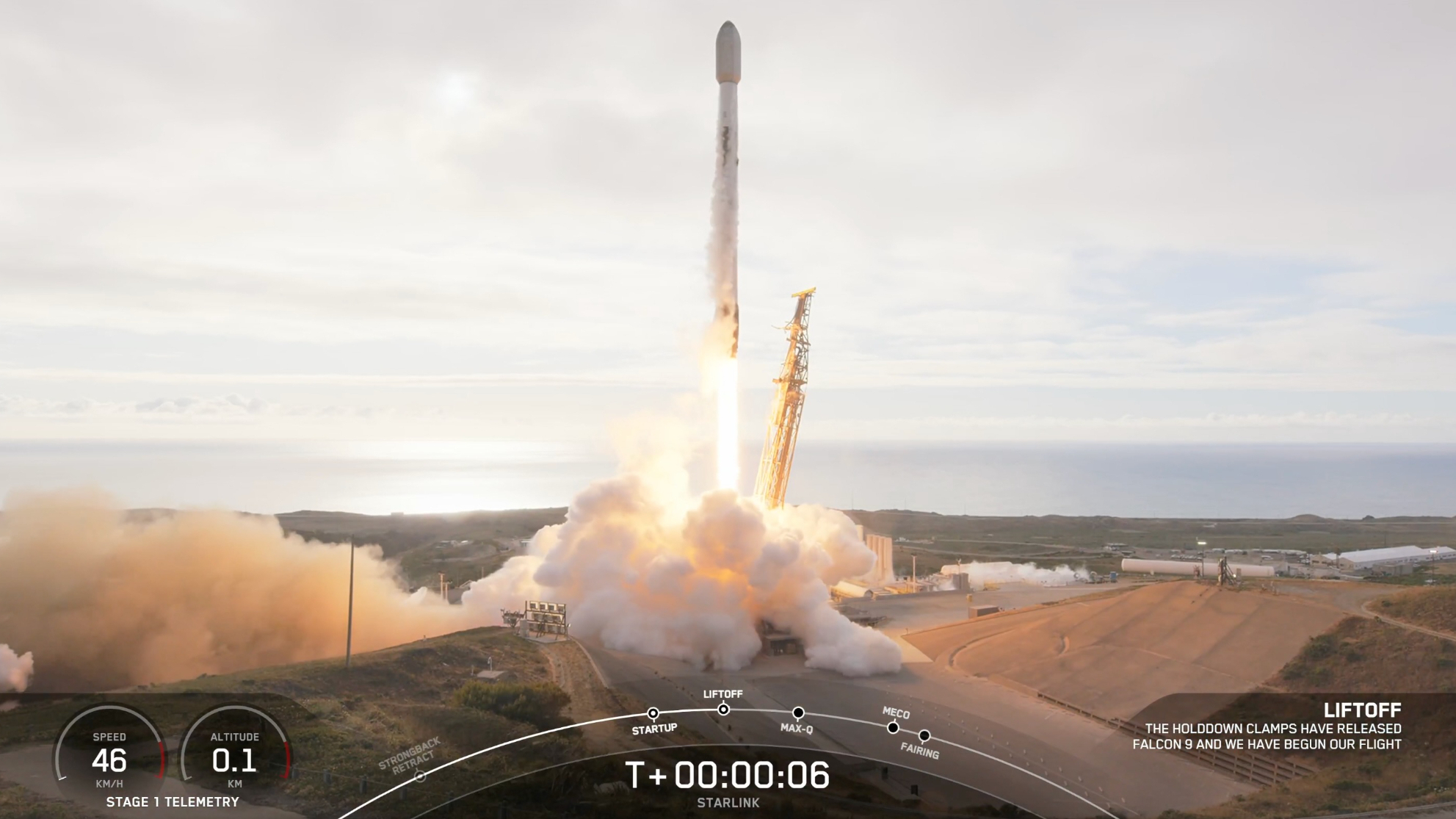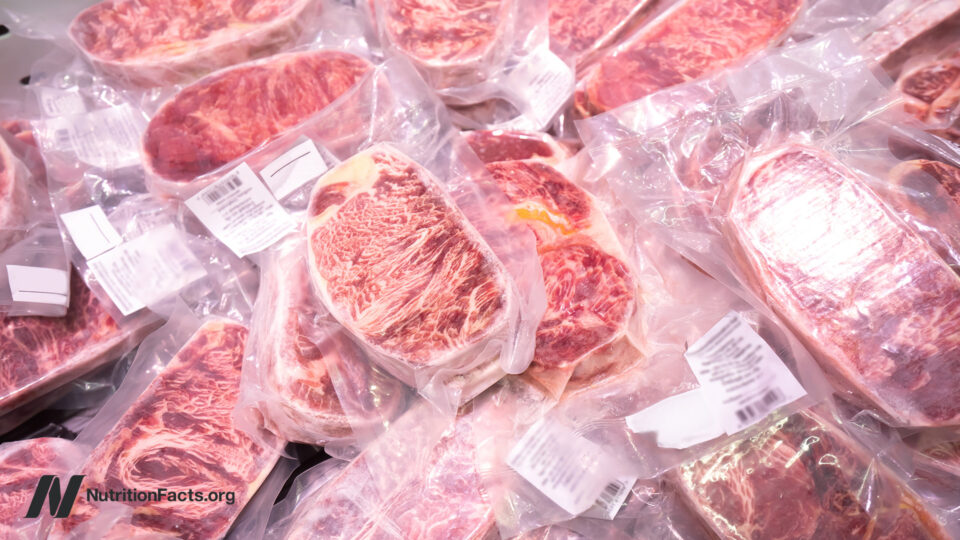US, China pausing most steep tariff hikes for 90 days
The United States and China said Monday they agreed to a 90-day pause on most retaliatory tariffs imposed on each other since early April, when President Trump announced his sweeping global tariff plan and ratcheted up his trade war with China. The world’s two largest economies issued a joint statement overnight in which they pledged...

The United States and China said Monday they agreed to a 90-day pause on most retaliatory tariffs imposed on each other since early April, when President Trump announced his sweeping global tariff plan and ratcheted up his trade war with China.
The world’s two largest economies issued a joint statement overnight in which they pledged to continue working toward a lasting trade deal while reducing tariffs in the meantime.
Stock market futures jumped following news of the agreement.
Under the agreement, the U.S. would lower its tariff rate on Chinese imports from 145 percent to 30 percent, while China agreed to lowers its tariff rate on U.S. goods from 125 percent to 10 percent.
China also agreed to suspend or remove nontariff countermeasures taken against the U.S. since early last month, according to a White House fact sheet on the deal.
U.S. Trade Representative Jamieson Greer and Treasury Department Secretary Scott Bessent announced the agreement at a news conference in Geneva. The news came after officials from both countries met this weekend for the first time since the trade war began to engage in trade discussions.
“The consensus from both delegations this weekend is neither side wants a decoupling,” Bessent said, according to The Associated Press. “And what had occurred with these very high tariff … was an embargo, the equivalent of an embargo. And neither side wants that. We do want trade.”
“We want more balanced trade. And I think that both sides are committed to achieving that,” he added.
The joint statement from the U.S. and China said Greer and Bessent will represent the U.S. in trade talks for the next three months, and He Lifeng, vice premier of the State Council, will represent China.
“These discussions may be conducted alternately in China and the United States, or a third country upon agreement of the Parties. As required, the two sides may conduct working-level consultations on relevant economic and trade issues,” the joint statement read.
The 145 percent tariffs on China were imposed April 9, when Trump implemented a 90-day pause on "reciprocal" tariffs on other nations a week after “Liberation Day.” The White House insists it is in talks with other trading partners during the 90-day pause to strike deals, and it announced a trade agreement with the U.K. on Thursday.
Later Monday, Trump called the deal a “total reset” with China and said the deal doesn’t include tariffs already in place, tariffs on cars, steel and aluminum or tariffs that may be imposed on pharmaceuticals.
“The talks in Geneva were very friendly, the relationship is very good. We’re not looking to hurt China. China was being hurt very badly,” Trump said.
He said that he plans to talk to Chinese President Xi Jinping at the end of the week.
Trump also said that he spoke with Apple CEO Tim Cook on Monday morning, after the China deal was announced, and said that Apple plans to open more plants in the U.S.
Trump had signaled in recent weeks his willingness to lower the tariff rate on China, saying 145 percent was too high to impose on the trading partner. He sought to tamp down the trade war with Beijing and appeared optimistic that he could strike a trade deal with Chinese President Xi Jinping.
Trump has insisted he has a good relationship with Xi, and Bessent had previously said he expected a “de-escalation” in the trade war between the U.S. and China.
Alex Gangitano contributed.
Updated at 10:02 a.m. EDT
